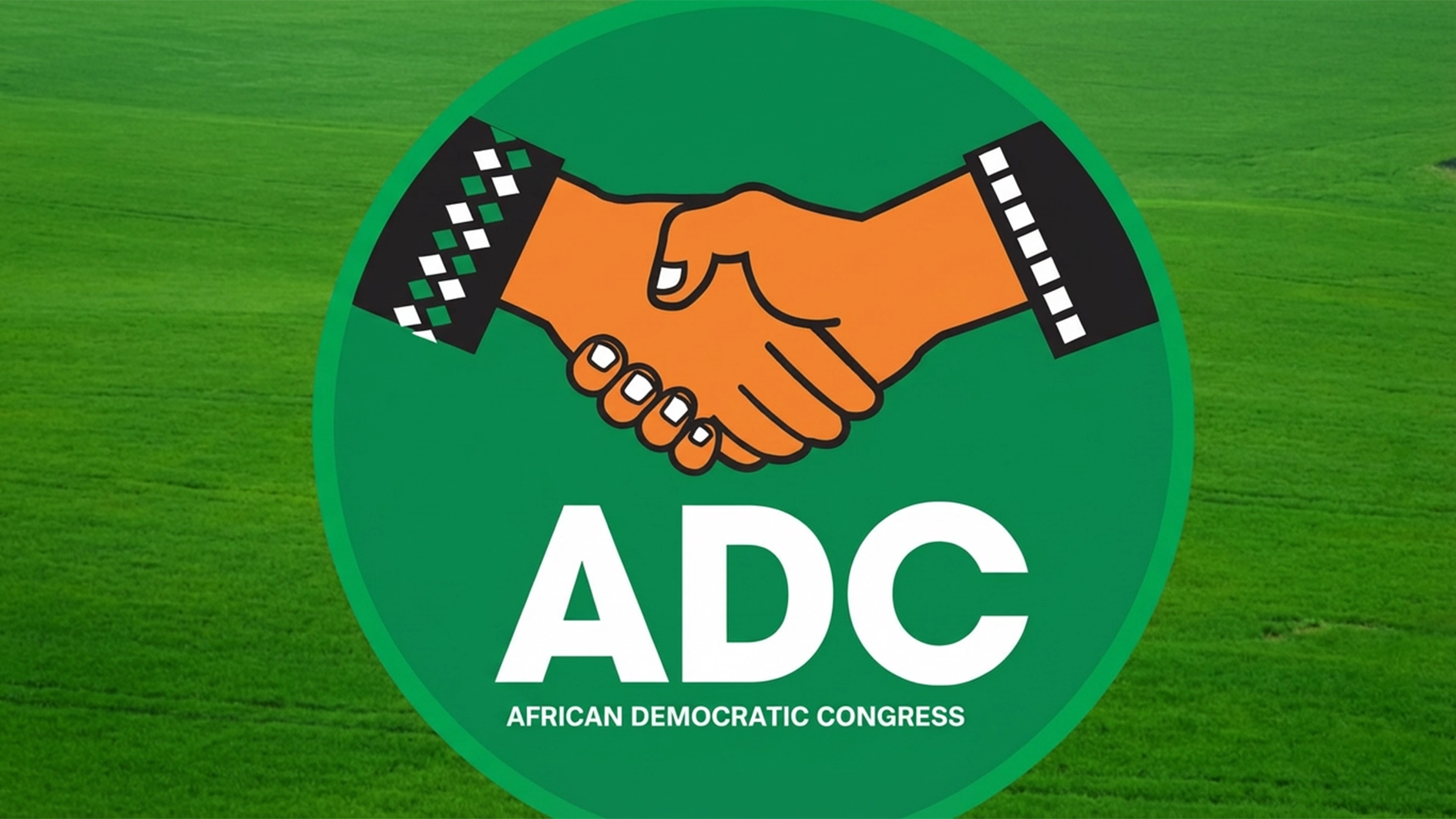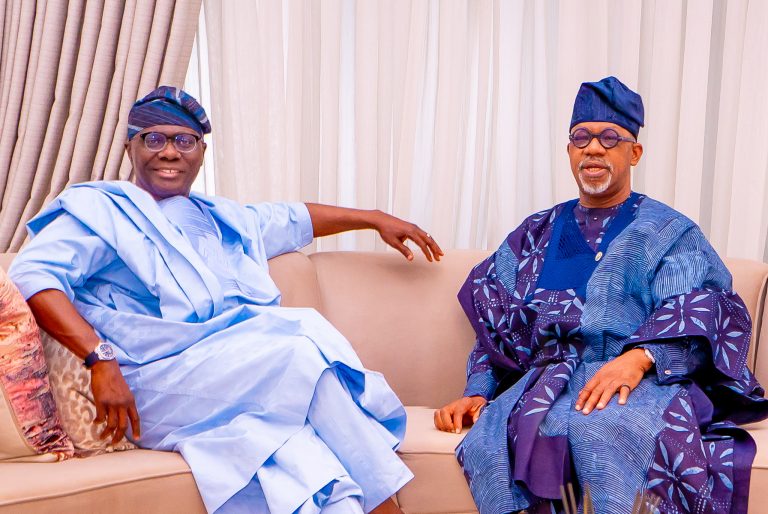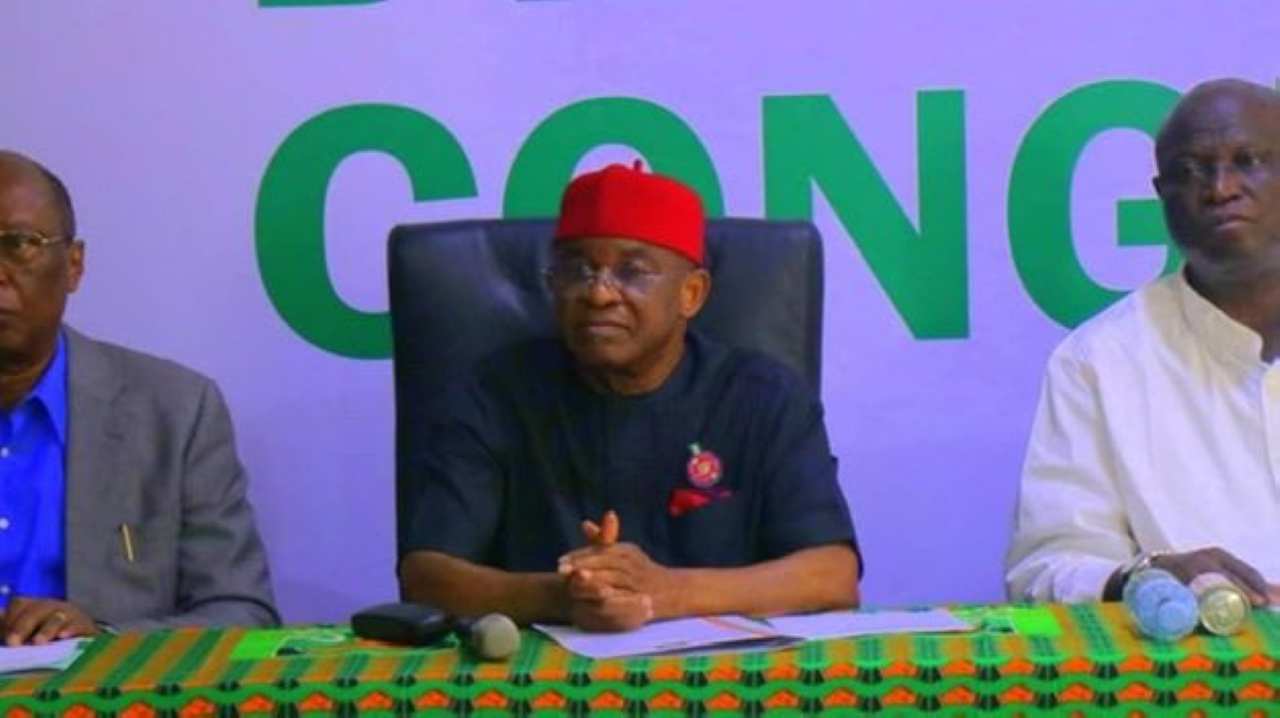
The threat of economic sanctions against Brazil, Russia, India, China and South Africa (BRICS) member states and associates by President-elect, Donald Trump, comes amid controversies around what his reemergence poses for Africa and the rest of the world. Trump’s policies have been said to have the potential of impacting the American dollar, igniting inflation and debt costs in developing nations. As Trump assumes office a second time on January 20, 2025, OLUDARE RICHARDS examines what Africa should expect from his administration and what putting America first means for Africa.
On Monday, January 20, 2025, Donald Trump will assume office as the 47th President of America. Trump’s second inauguration will be attended by some of America’s most influential billionaires and politicians as well as some foreign leaders and celebrities who have embraced the incoming President.
President Joe Biden and Vice President Kamala Harris, along with their respective spouses First Lady Jill Biden and Second Gentleman Doug Emhoff, are set to revive the tradition of defeated presidential candidates sharing the inauguration stage with the election winners. Trump notably chose to skip Biden’s inauguration in January 2021, leaving for Florida after he mounted a failed effort to overturn his election loss.
Former Presidents Barack Obama, George W. Bush, and Bill Clinton are also expected to attend the exercise, though all three are forgoing the traditional post-inauguration luncheon. Of their spouses, only former First Ladies Hillary Clinton and Laura Bush will be in attendance; Michelle Obama said she will not be attending.
The world’s three richest people—Elon Musk, Jeff Bezos, and Mark Zuckerberg—will attend Trump’s inauguration and have a prominent spot at the ceremony. The tech moguls will be seated together on the dais alongside former Presidents, Trump’s family, and Cabinet nominees.
Trump also extended an invite to China’s President Xi Jinping, in what Trump spokesperson Karoline Leavitt said is a sign of the President-elect’s “willingness to have an open dialogue with all foreign nations around this world, whether they’re an adversary, or competitor, or ally.” In Xi’s stead, China is sending Vice President Han Zheng, and the foreign ministry said it is “ready to work with the new U.S. government.”
Already, a host of activities have been lined up for the day, including high stake security protocols. It is also expected that he will begin the move to rename the ‘Gulf of Mexico’ to the ‘Gulf of America’.
Less than one month after he was elected, he had threatened to impose punitive tariffs of 100 per cent on countries that move away from the greenback.
“We require a commitment from these countries that they will neither create a new BRICS currency nor back any other currency to replace the US dollar, or they will face 100 per cent tariffs,” he declared on Truth Social, his social media platform.
“The idea that the BRICS countries are trying to move away from the dollar while we stand by and watch is over,” Trump wrote on social media.
In 2023, the leaders of Brazil and the other BRICS countries at the time – China, India, Russia, and South Africa – discussed collaboration on a new shared currency. The Brazilian president, Luiz Inácio Lula da Silva, has been a vocal proponent of an alternative to the US dollar, the dominant global currency for the past 75 years, and the Russian president, Vladimir Putin, publicly promoted the idea during the BRICS summit in October by brandishing a symbolic BRICS banknote.
The bloc’s new members – Egypt, Ethiopia, Iran, and the United Arab Emirates – would presumably also be included in the new joint currency.
Leading politicians in Brazil and Russia had suggested creating a BRICS currency to reduce the American dollar’s dominance in global trade. But internal disagreement has slowed any progress.
The International Monetary Fund (IMF), at the World Economic Forum (WEF) in Riyadh, Saudi Arabia, in April 2024 lamented that poorer countries were spending twice as much on external debt repayments than a decade ago.
In its most recent outlook for sub-Saharan Africa released in November, it also lamented that “in much of the region, the fight to stabilise prices is not over, public finances are not yet on a solid footing, and foreign exchange reserve buffers are often insufficient.”
With several African states already in debt, further rise in the dollar will have far-reaching consequences, stirring inflation and effecting import costs on producers. It will make debt servicing difficult for many low-income countries, especially for dollar-denominated loans payable from weaker local currencies.
According to the World Bank, nine African countries are already in debt distress and 10 others are at a great risk of insolvency. Therefore, one continent where the effects of a stronger dollar are expected to be felt most harshly is Africa, where a rising dollar would constrain the ability of countries such as Ghana, Ethiopia, Kenya and Zambia to regain access to global capital markets due to their debt status.
Nine African countries, including Chad, Somalia, Ethiopia, the Republic of Congo, Mozambique, Sudan, South Sudan and Zimbabwe were classed by the World Bank in 2023 as being in debt distress.
That list also includes Zambia, which defaulted on around $12 billion (€11.4 billion) of debt in 2020 at the height of the COVID-19 pandemic. Zambia is now undergoing debt restructuring with international and private creditors, including France and China.
Zimbabwe, which has experienced two bouts of hyperinflation since the turn of the century, is still battling stubbornly high price rises of over 50 per cent a year while South Sudan reported a 107 per cent inflation rate in July.
Nigeria, despite being Africa’s largest economy, saw inflation hit a yearly average of 32.7 per cent in September, just as the country’s debt burden surpassed a reported $100 billion. It could be bad for democracy, stability, commitment to human rights and climate change. It might also negatively affect African immigration to the United States.
Experts, however, have said Nigeria must think beyond the 100 per cent tariff and begin considering the implication of another Cold War era between East and West. To them many of the BRICS countries cannot muster enough strength to float a currency that can stand at par with dollar. The countries are large. They span four continents. They speak different languages. And their borders have historically been sources of conflict rather than economic integration. China and India, for example, were locked in a protracted military standoff along their shared Himalayan border before reaching a fragile truce in October.
Professor of History and International Studies at the Delta State University (DELSU), Abraka and former Chairman, Academic Staff Union of Universities (ASUU), DELSU branch, Prof. Emmanuel Nwafor Mordi, said with BRICS being an emerging anti-dollarisation, anti- neocolonialism force against America’s world economic domination, it is understandable why Trump is determined to abort or destabilise the group, given the role of Russia as its arrowhead.
He noted that it is a revived ideological confrontation and the Cold War between the East and West, albeit modified, is at stake.
“It goes with directly and indirectly controlling the destinies of small, dependent nations that must be confined to the roles assigned to them in the international division of labour as hewers of wood and drawers of water, condemned to supply only raw, unfinished products and purchase with US dollars the garbage supplied by the West.
The diminishing role of ECOWAS should be enough to pass the message why Nigeria must mobilise effort to confront what emerges with Trump. “Nigeria needs a focused, patriotic leadership, ready to mobilise its citizenry to defend its independence against Trump’s impending onslaught. The IMF/ World Bank- compliant government that Nigeria has produced since independence is not equipped for the job,” Mordi said.
He said that with a strengthened, grassroots-propped democracy, Nigerians could become the leading force to blunt President Trump’s arrows in the next five years and beyond.
Professor of History and International Studies at the Federal University, Lokoja, Kogi State, Prof. Audu Mohammed Suleiman, said while the incoming Trump administration has various economic measures against individual BRICS countries, they, on their part, are also discussing ways to reduce their dependence on the US dollar and promote de-dollarisation.
Audu said while Trump’s economic threats of 100 per cent tariff imposition on BRICS nations could have far-reaching consequences, particularly, for Africa, by understanding the dynamic of BRICS, Nigeria can leverage opportunities for economic growth, development and global influence.
According to him, “Trump’s threats aim to deter BRICS nations from undermining the US dollar’s dominance, it may ultimately backfire economically.”
He added that Nigeria and other African countries should consider the benefits of aligning with BRICS, while being cautious of potential risks and challenges.
“Considering the impact on Africa and Nigeria, Nigeria’s membership in BRICS presents significant economic prospects. Aligning with BRICS could improve trade ties, particularly, with China and India, Nigeria’s biggest trading partners, making up over 52.2 per cent of Nigeria’s total trade. This collaboration could promote foreign direct investment, technological transfer, and infrastructure development.”
He noted that since 2006, when the group was formed, it has since become a prominent platform for cooperation and dialogue among its member states, thus, making efforts on fostering cultural exchange, economic and political cooperation.
Audu said key areas of cooperation with BRICS that would benefit Nigeria include areas of free trade agreements, investment promotion and economic integration; cooperation on energy, minerals and natural resources; Joint infrastructure projects, transportation and communication; localising the BRICS Development Bank and a contingent reserve arrangement; collaboration on research, development and innovation.
Initiatives such as the multilateral development bank established by the BRICS states, known as the New Development Bank, established in 2014, to promote infrastructure development, only goes further to reinforce the commitment to resolve dollar dependency with and alternative financial systems and currency.
Maximising the merit of cooperation with BRICS, Nigeria stands to benefit on increased trade and investment with access to new markets and investment opportunities; Economic diversification through trade and investment with BRICS nations; Technological transfer and acquisition of new technologies and expertise and Global governance, with enhanced participation in global decision-making processes.
“Nigeria’s bid to join BRICS has already shown positive results. Foreign capital inflows into Nigeria from BRICS nations increased by 189 per cent in the first half of 2024, from $438.72 million in the same period in 2023 to $1.27 billion. This notable rise highlights the real advantages of working with BRICS countries and demonstrates increased interest in Nigeria’s economic potential,” Audu said.
However, there are risks involved. Nigeria’s current relationships with Western countries may suffer if it aligns with BRICS, which could have negative economic effects. The political and economic variety of BRICS may also make it difficult to create unified policies that serve Nigeria’s unique interests.
He said there are also challenges with joining an economic community like BRICS such as diverse economic systems; Geopolitical rivalries and regional conflicts which may impact cooperation; Implementation hurdles, especially regarding agreements and projects.
He noted that there may be economic impacts on BRICS: “The tariffs would likely disrupt global trade, pushing prices on imports and risking retaliation from key trading partners. This could harm the US consumers the most, as imports would shift to third countries, increasing costs for American consumers without bringing manufacturing jobs back home,” Audu said.
David Aworawo, a professor of International Relations and Strategic Studies at the University of Lagos, believes that considering that most of the BRICS countries are linked to the American economy, Nigeria should not worry too much about its association with BRICS. He explained that if it involved only Nigeria, he would have recommended that Nigeria should think of an alternative policy and then worry.
He noted that regarding Trump’s threat of economic sanctions, anyone who has followed Trump’s rhetoric will not worry too much because the international government is structured in such a way that it is interconnected. Globalisation has made countries intertwined.
“Donald Trump, as the world knows him is opposed to multilateralism. Sometimes though, I commend Trump’s America first, I sometimes see it as America only.
“Trump may have his position in the US but those who are better informed than him will understand that if countries are sanctioned and global economies are negatively affected, US too will be negatively affected.
“Nigeria is not even a full member yet so I don’t think it is something to worry about. They should just continue their association with the association. Even if America decides to sanction, Nigeria will not be at the forefront. Besides, there will be warnings about the consequences also for America due to the global economy being affected due to such sanctions.”
He said further explained that considering the BRICS countries’ bid to create an alternative to the US Dollar, understandably, an American president will not like it because it is an organisation that can presents an alternative to America and will by implication, weaken America economically.
Prof. Aworawo reminded that other leaders such as Obama before Trump and then Biden before Trump, were though opposed to it but tried to accommodate or walk a fine line for stability and cooperation. Trump, however, is not committed to any of such.
“The rhetoric may be there but it won’t count for much because BRICS members are also big countries such as India, China, South Africa, Brazil, etcetera. These are countries important to America that if sanctions affect these countries negatively, America will also be affected.
“China is an example, considering how much goods come from the country and how much American interests are invested in China.
“During the cold war, America didn’t like African countries getting close to USSR (Union Soviet Social Republic) and USSR didn’t like African countries getting close to America. Some African countries maintained a fine line, being in-between, and were able to gain from both the Soviets and the Americans,” Prof. Aworawo said.






